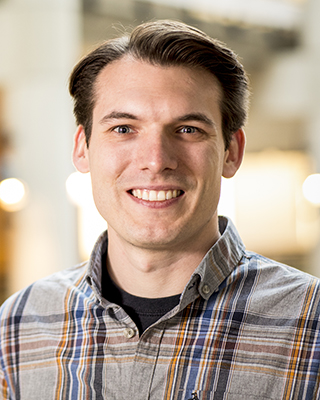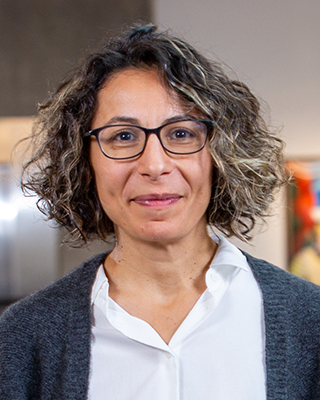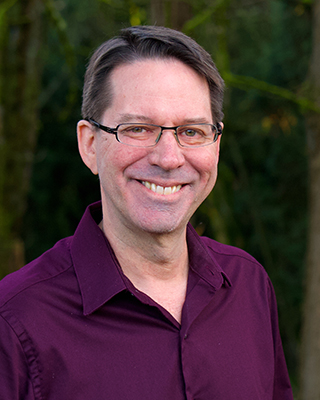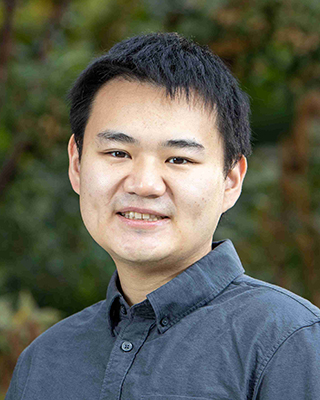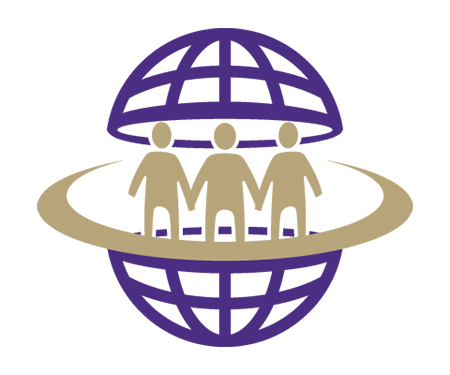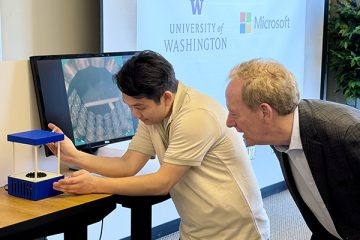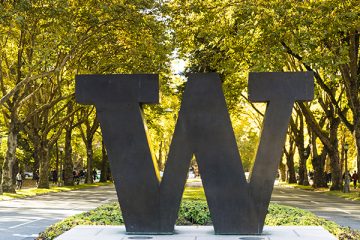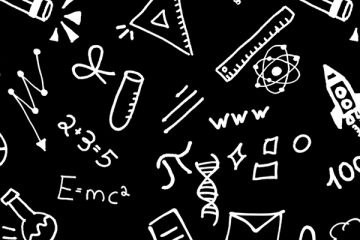Allen School researchers are at the forefront of exciting developments in AI spanning machine learning, computer vision, natural language processing, robotics and more.
We cultivate a deeper understanding of the science and potential impact of rapidly evolving technologies, such as large language models and generative AI, while developing practical tools for their ethical and responsible application in a variety of domains — from biomedical research and disaster response, to autonomous vehicles and urban planning.
Groups & Labs
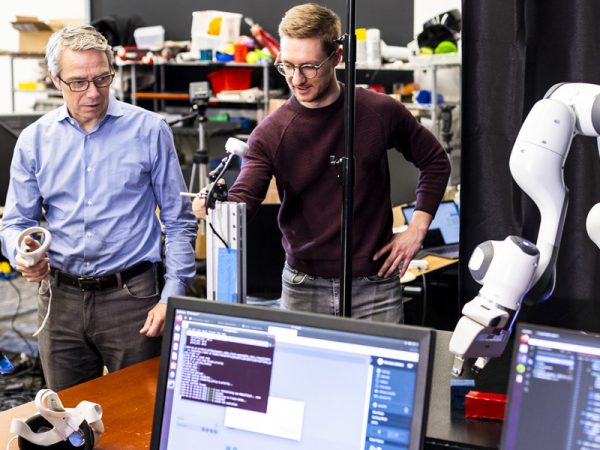
Robotics and State Estimation Lab
We are interested in the development of computing systems that interact with the physical world in an intelligent way. To investigate such systems, we focus on problems in robotics and activity recognition.
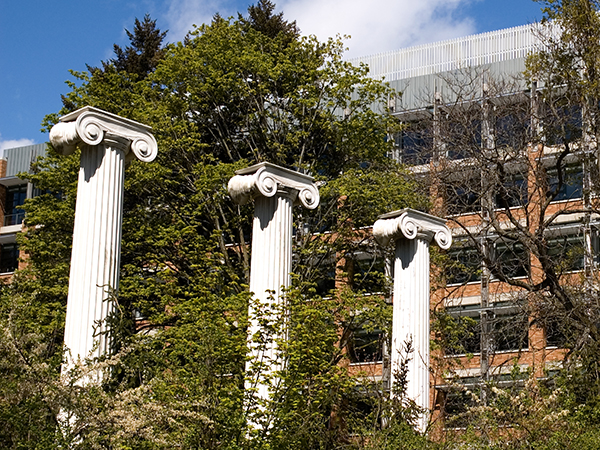
UW NLP Group
The University of Washington Natural Language Processing Group comprises diverse researchers across campus collaborating in the study of all aspects of NLP from computational, engineering, linguistic, social, statistical, and other perspectives.
Faculty Members
Centers & Initiatives
The Institute for Medical Data Science (IMDS) is a joint effort among the Schools of Medicine and Public Health and the College of Engineering, including the Allen School to lead the development and implementation of cutting-edge AI and data science methods in medical data science. By harnessing the power of AI across diverse health determinants, IMDS aims to improve patient health, provider satisfaction, and healthcare operations, particularly in the Pacific Northwest region.
Globe.AI is a multidisciplinary community of researchers at the University of Washington who aim to create equitable, responsive AI technologies that can adapt to individuals from diverse cultures and communities, including to different norms, languages, behaviors, and communication styles.
Highlights
GeekWire
Allen School News
UW News

